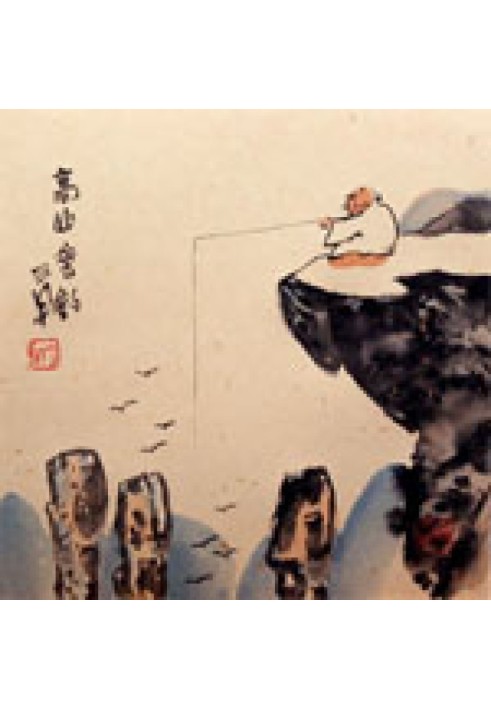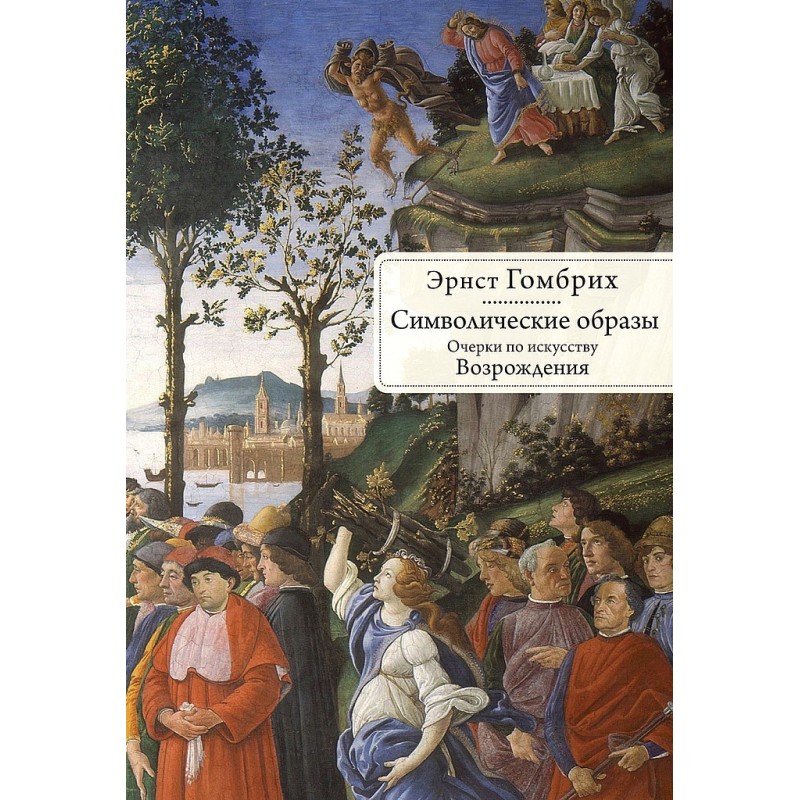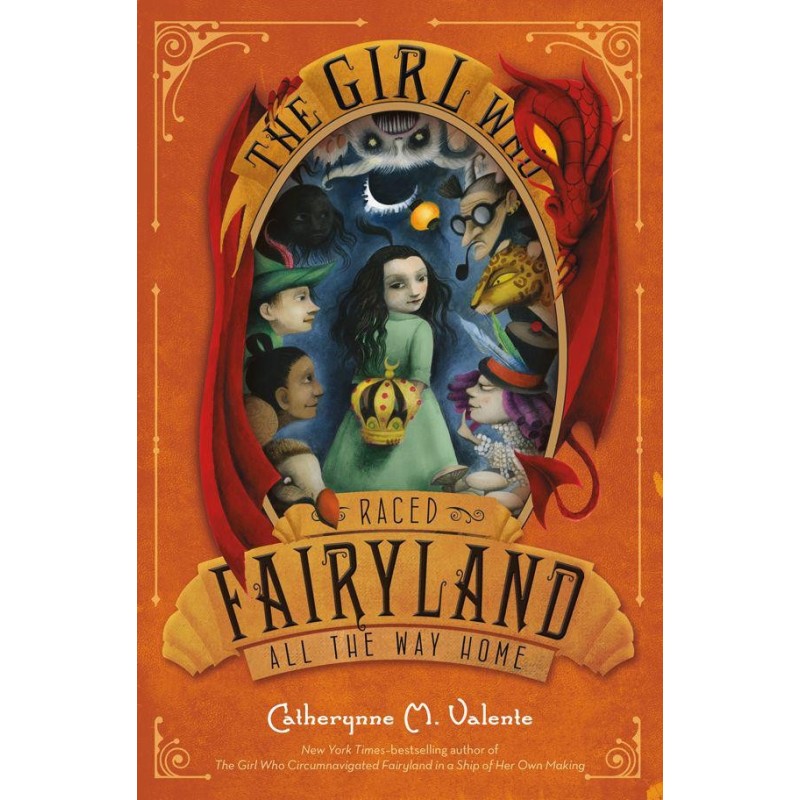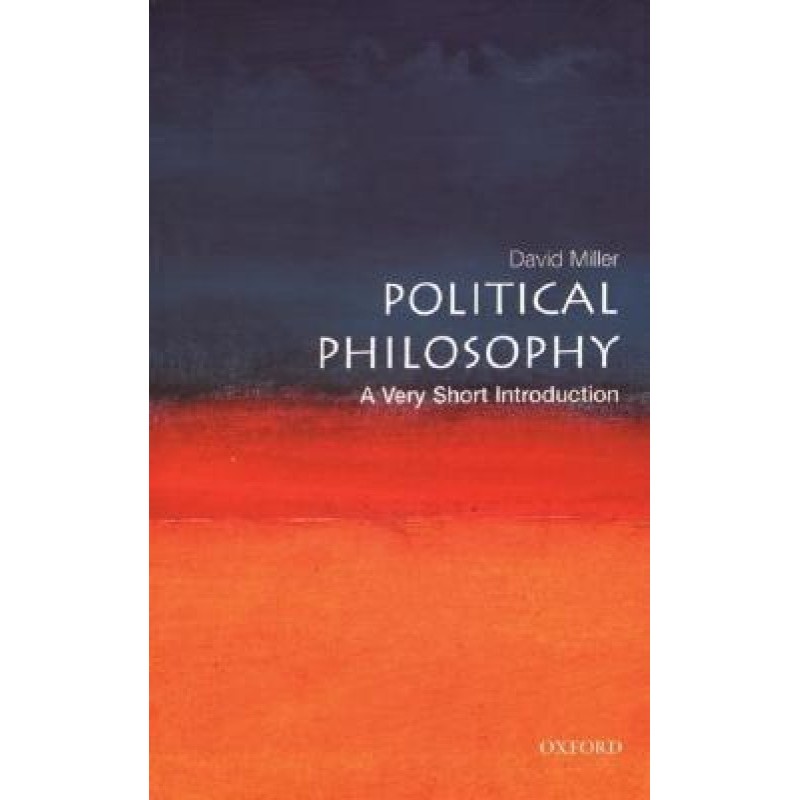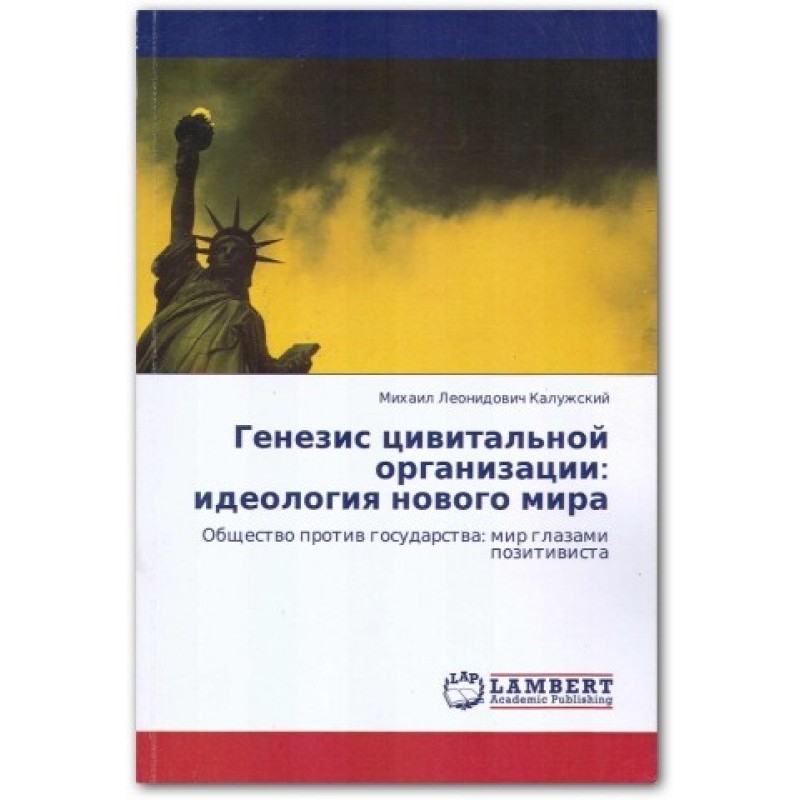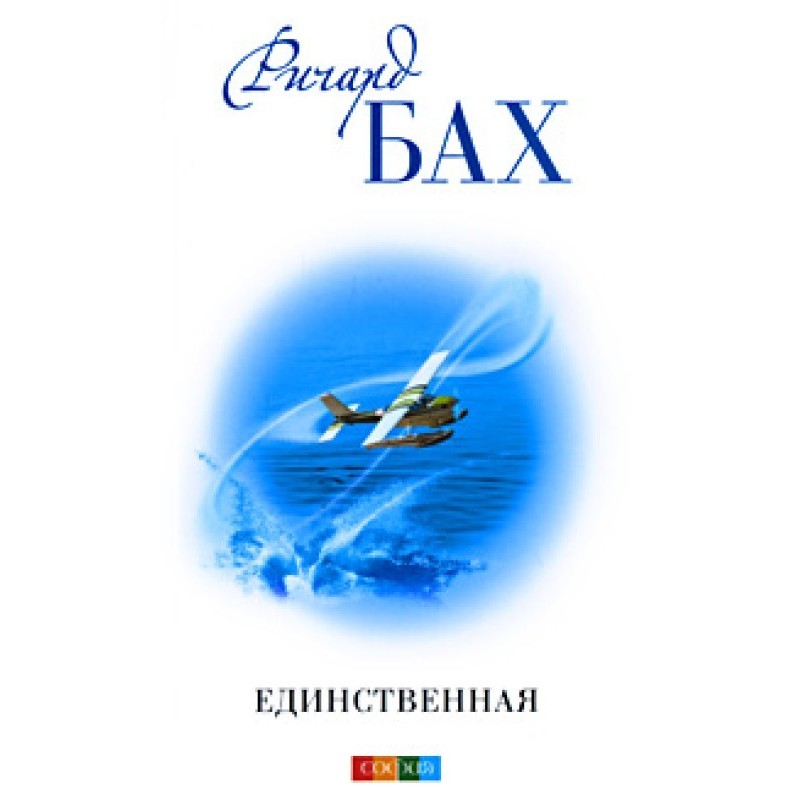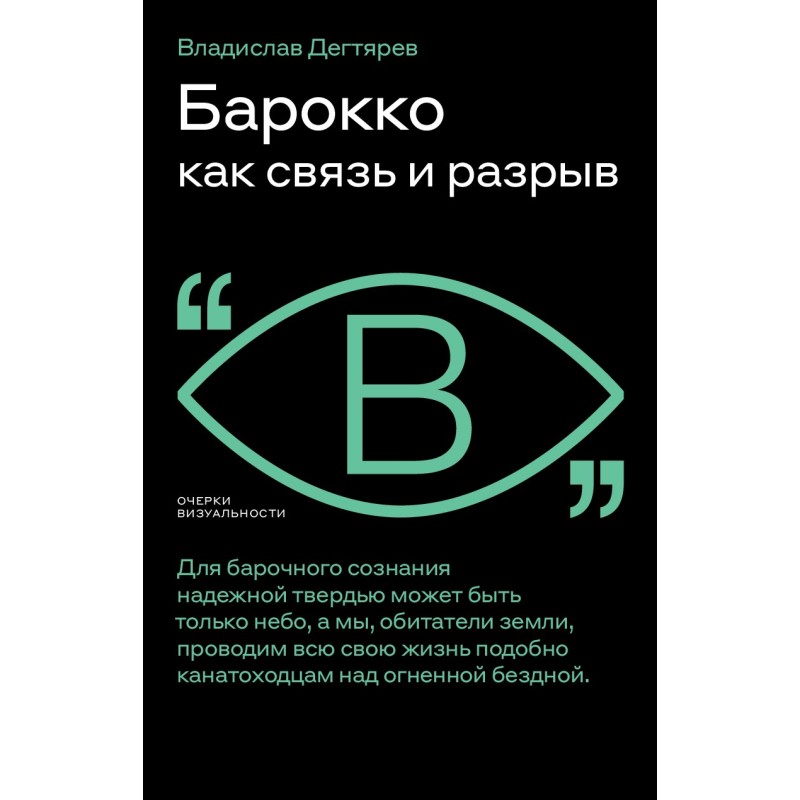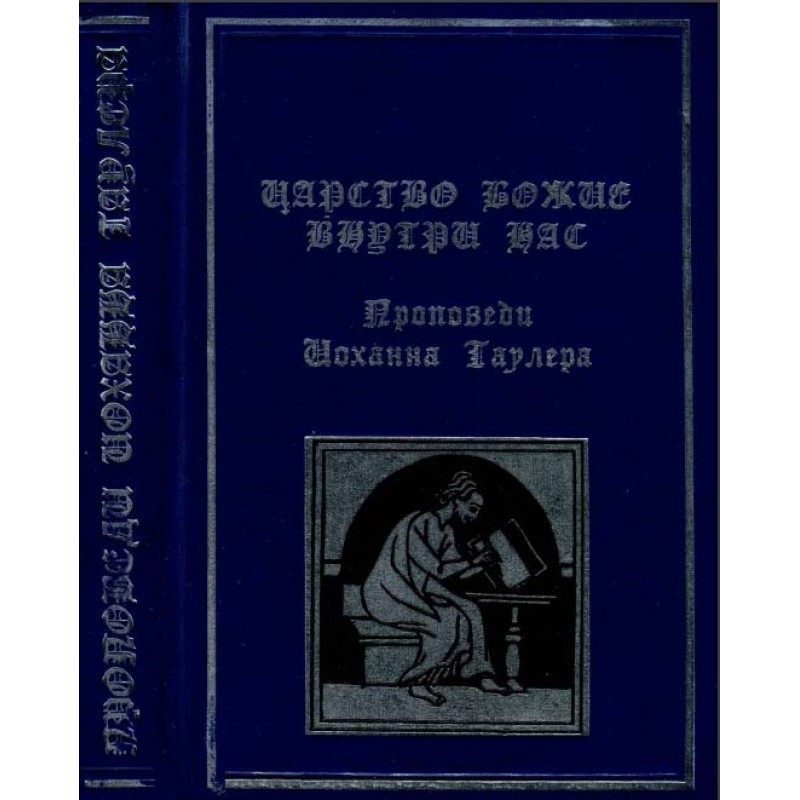Vantala's words
 Instant download
Instant download
after payment (24/7)
 Wide range of formats
Wide range of formats
(for all gadgets)
 Full book
Full book
(including for Apple and Android)
WHAT ARE THE “WORDS OF WANTALA” “The WORDS OF WANTALA” is the canonical text of the old Chinese philosophical school of Tao Ji Bai, which in the traditional rough translation means “The Path to Supreme Clarity.” The teaching (and text) dates back to approximately the 12th century, when Zen Buddhism (Chan) developed in Tibet, and a Chinese translation of the Vimalakirti Sutra already existed, although one of the followers of Tao Ji, Bai E. Vislyaev, reported evidence of a later date (16th century). Unfortunately, we do not have the Chinese text that could be used to more accurately determine age. Interestingly, the Sanskrit text of the Vimalakirti Sutra also does not exist. Tao Ji Bai can also (perhaps even more correctly, based on the meaning of the hieroglyphs) be translated as “The Path of Vimalakirti”, for “Vimalakirti” literally means “spotless purity.” Despite the fact that Tao Ji Bai certainly has Zen (Chan) roots, it apparently has nothing to do with Taoism, and even the hieroglyph “Tao” is not the one used to designate Tao — Paths, and it means “road.” Vantala is a Sanskrit word that literally means “single.” It probably appeared in the original text; the author could thereby pay tribute to Vimalakirti, who outlined the main provisions of his teaching, which formed the basis of the Tao Ji Bai. It is also possible that the translator used it, rather than its Chinese counterpart, in order to avoid confusion with the sacred name of the creator of the text, Dan Shen (lit. - lonely spirit), since obviously in the text the word “wantala” is used in the sense of “follower of the teachings” ", Later denoted by the word “bai-zhen”. Initially, the text did not have its own name, but people, in order to call it something, gave it the name “Words of Vantala”, and sometimes even “Directory of Vantala”. The text consists of two parts. The first of them is divided into chapters containing aphorisms that do not express the essence of the teaching, but are aimed at forming a worldview, or more precisely, a worldview. Most of the aphorisms are warnings against incorrect (ineffective, interfering) worldview. Each chapter, which directly and unambiguously carries a declaration of its focus in the title, contains all the sayings found in the text related to this chapter, regardless of whether they appear somewhere sooner or later. Even an inexperienced reader can notice that the chapter “On Fear” stands out somewhat from the general mood and general ideology of the text, and those familiar with the teachings of Tao Ji Bai will notice that followers of Tao Ji Bai do not need this kind of sayings. Tradition says that this chapter was written specifically for Dan Shen’s beloved student, who could not free himself from fear of his capabilities. The second part has the title “Thoughts of Vantala” given by the author (although, quite possibly, “Thoughts of Dan Shen”) and contains more complex and less didactic phrases. This part was written, according to legend, fifty years after the first, and is not intended for neophytes, but rather for the aimless perception of an experienced bai-zhen. The translation is done quite literally, so that at times one can even trace the structure of the Chinese language. Nowhere, however, are there any references to Chinese surroundings or Chinese traditions. Therefore, in some places there is difficulty in understanding, for example, in the phrase “The nightingale eats worms” it is not clear whether the Far Eastern nightingale is meant, in fact, not even a nightingale, but another songbird, which in the Chinese tradition has different symbolism from the European one, or The translator chose the word according to its deep meaning. Even more confusing is the word “worms”, which is quite common food in China. Did the translator want to evoke negative associations typical of Europeans in the reader, or did he simply translate a Chinese word? However, in most cases the translation is quite transparent and unambiguous. However, one should not think that the text is easy to understand. In the traditions of Tao Ji Bai, each phrase of the text was analyzed with a teacher and commented on; moreover, the text wrote on tablets, one phrase on each. These tablets were also used for fortune telling. At the same time, three semantic levels were distinguished: the first, superficial, is, in fact, the literal meaning, accessible at first glance, as well as the simplest conclusions from it. The second meaning (second meanings) are deeper understandings of the phrase , focused not on what the text being analyzed literally means, but on what it means from the perspective and terminology of Tao Ji Bai, and for what purpose they were written. Most of the comments are devoted specifically to the analysis of these second meanings, and it often turns out that in the terminology of Tao Ji Bai and from the standpoint of teaching, a phrase may not mean anything, but only be an impetus, a provocation to further reasoning. Moreover, sometimes it happens that the second meaning fundamentally contradicts first. The third level of meaning is how the follower of the teaching (bai-zhen) applies these meanings in his worldview. Third meanings are usually deeply individual, and, as a rule, are not understood. Having appeared in our country, “Words of Vantala” became the subject of controversy. It has often been said that this text should not be allowed to circulate freely, in lists and printouts, since it could have a bad effect on the unprepared mind. To this, one of the Tao Ji Bai teachers asked: “Do you want to say that the ‘Words...’ had a bad influence on your unprepared consciousness?” and, having received the answer that, in the opinion of his opponent, his consciousness was already sufficiently mature, he said that not a single person had ever come to him who believed that his mind was not ready to perceive the “Words of Vantala.” Necessary add that Tao Ji Bai is a very non-expansive school that does not set as its goal the dissemination of teachings. Thus, for example, teaching is not considered an act of increasing the number of followers, but a stage of development when the follower of the Tao Ji Bai believes that the time has come for him to teach, which may not happen. In conclusion, it should be added that the “Words of Vantala” are not a book for sequential reading, it is more of a reference book (some people call it “Vantala’s Handbook”), it can be a subject of study or a pocket advisor.
Data sheet
- Name of the Author
- Автор Неизвестен
- Language
- Russian

